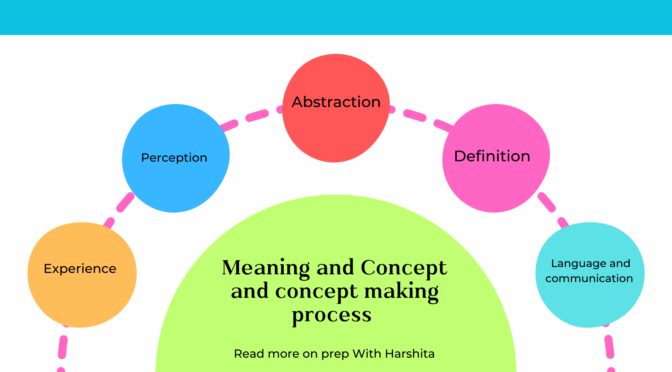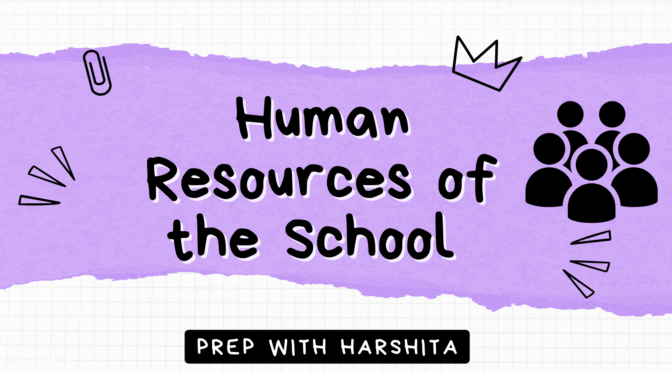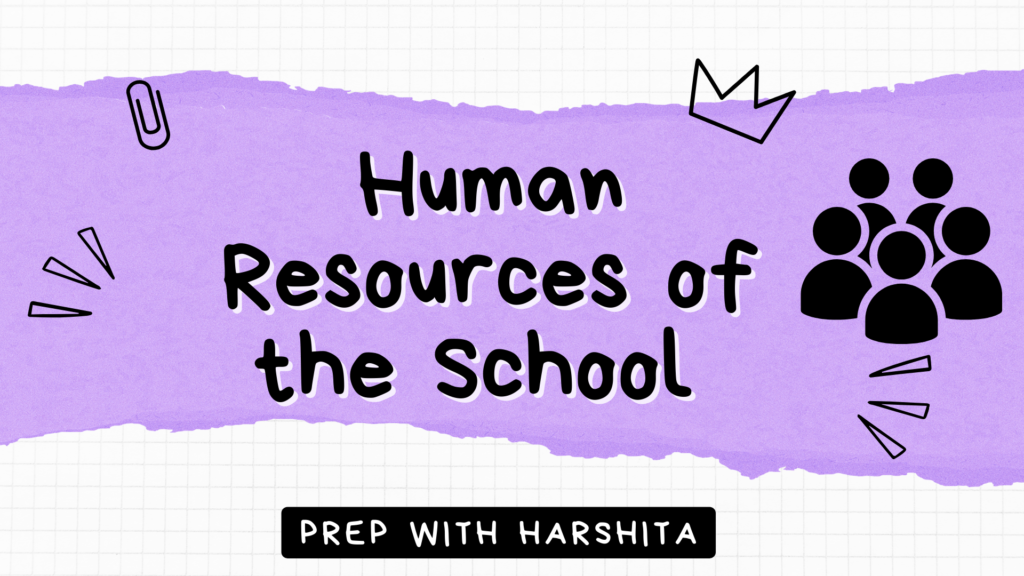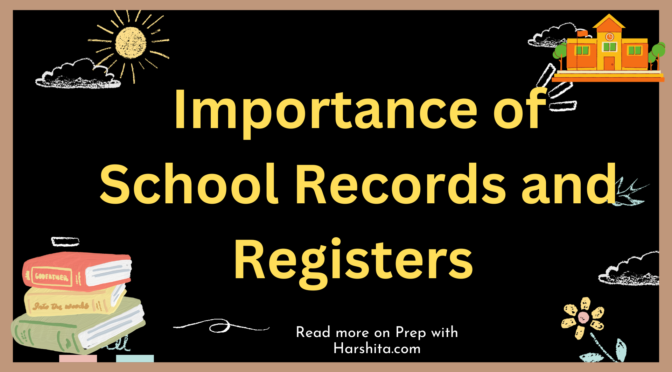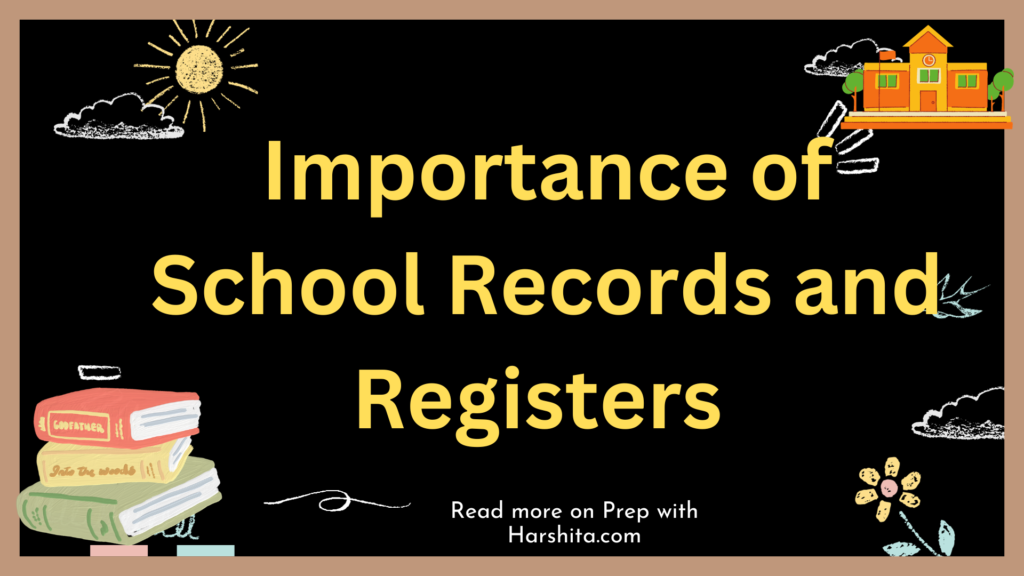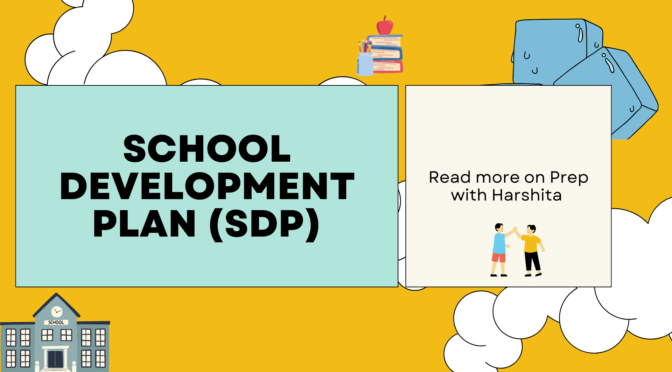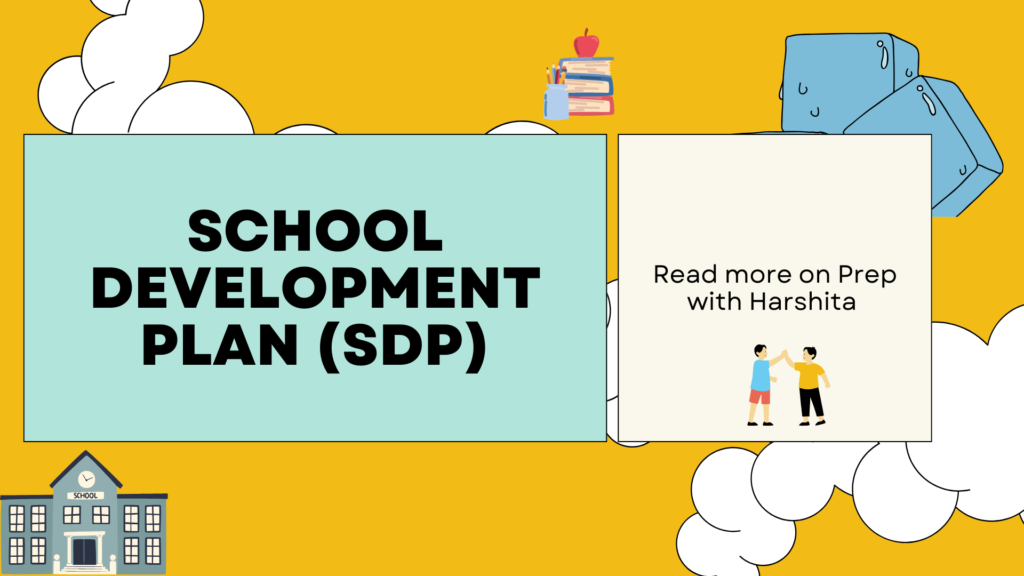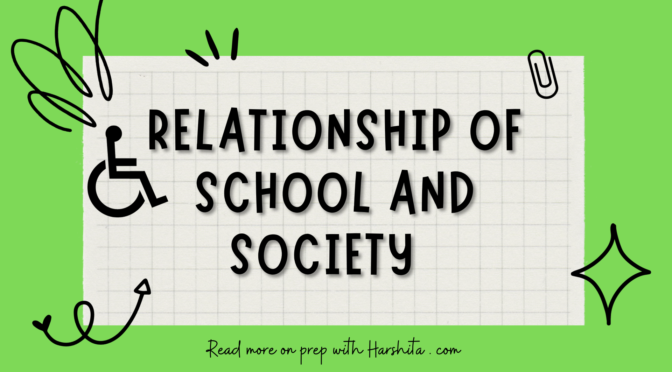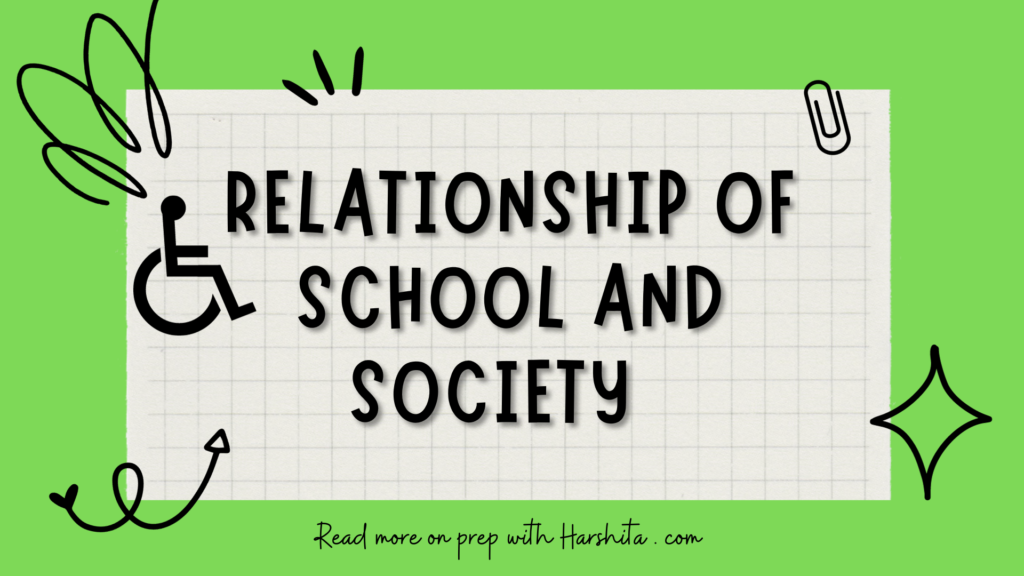A concept is a general idea that represents something in the mind. It is a mental construct that helps individuals understand, categorize, and interpret the world around them. Concepts are fundamental to human cognition and language, as they provide a way to organize and communicate information efficiently.
The concept-making process involves the mental activities and cognitive steps individuals take to form, refine, and utilize concepts. This process can vary depending on the context, but it generally includes the following key steps:
- Perception and Experience: The concept-making process often begins with the perception of objects, events, or experiences in the external world. Individuals gather information through their senses and accumulate experiences that contribute to the formation of concepts.
- Abstraction: Abstraction is the process of distilling essential features or qualities from specific instances to create a generalized representation. For example, from seeing and interacting with various types of chairs, one may abstract the common features that define the concept of a “chair.”
- Categorization: Categorization involves sorting concepts into groups based on shared characteristics or properties. This step helps organize information and simplifies cognitive processing. For instance, animals can be categorized into groups such as mammals, reptiles, and birds.
- Definition: Defining a concept involves clarifying its meaning by specifying its essential features. This step helps establish clear boundaries and criteria for identifying instances of the concept. Definitions contribute to shared understanding and communication.
- Formation of Hierarchies and Relationships: Concepts are often organized hierarchically, with broader, more general categories at the top and more specific subcategories beneath. Relationships between concepts, such as similarities and differences, are identified and understood.
- Language and Communication: Concepts are closely tied to language, and individuals use language to communicate and share their conceptual understanding with others. Language provides a means to express and transmit concepts, facilitating collective understanding within a community.
- Refinement and Adaptation: Concepts are not static; they can evolve, expand, or be refined based on new experiences, information, or perspectives. The concept-making process is ongoing, and individuals continually adjust their conceptual frameworks to accommodate new knowledge.
Also visit: Prep with Harshita

Also Read: Importance of School records and registers

